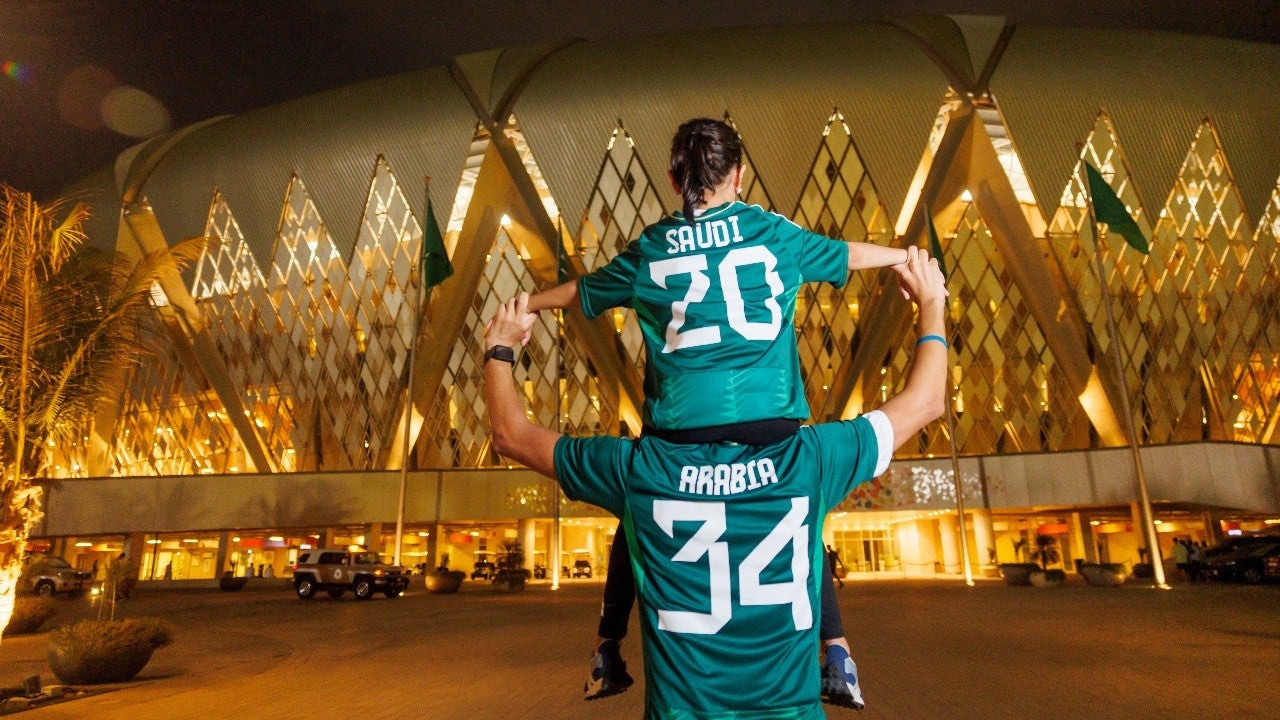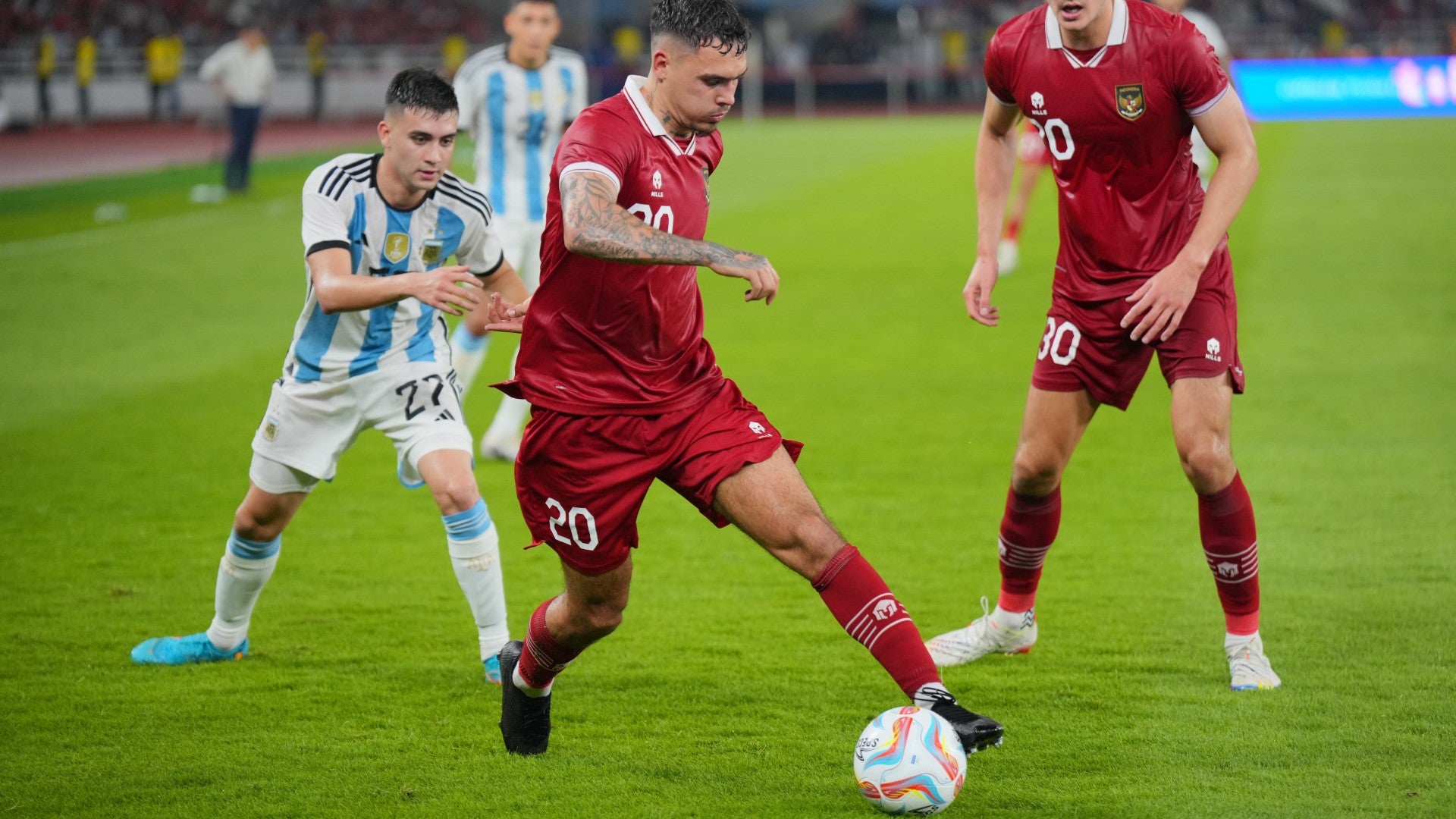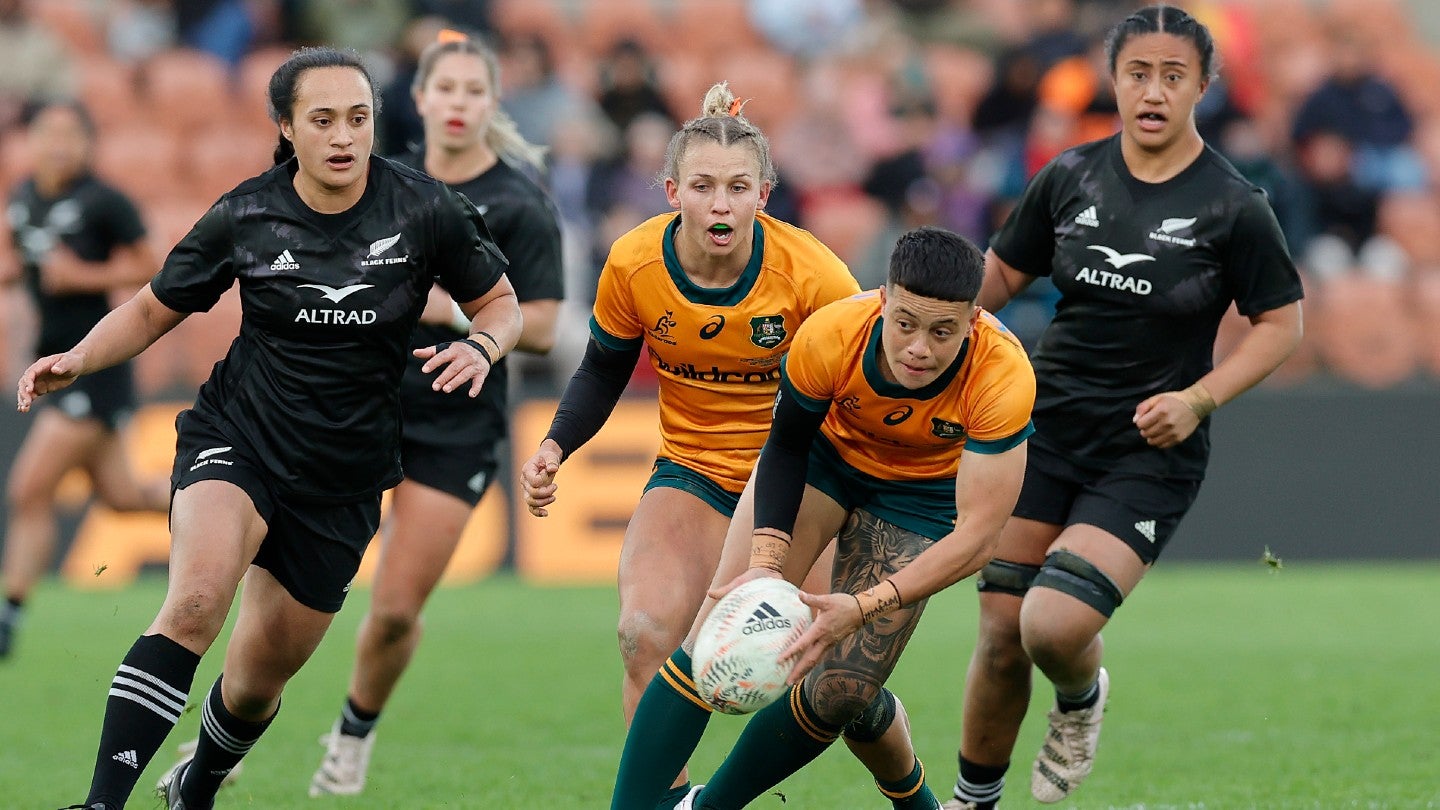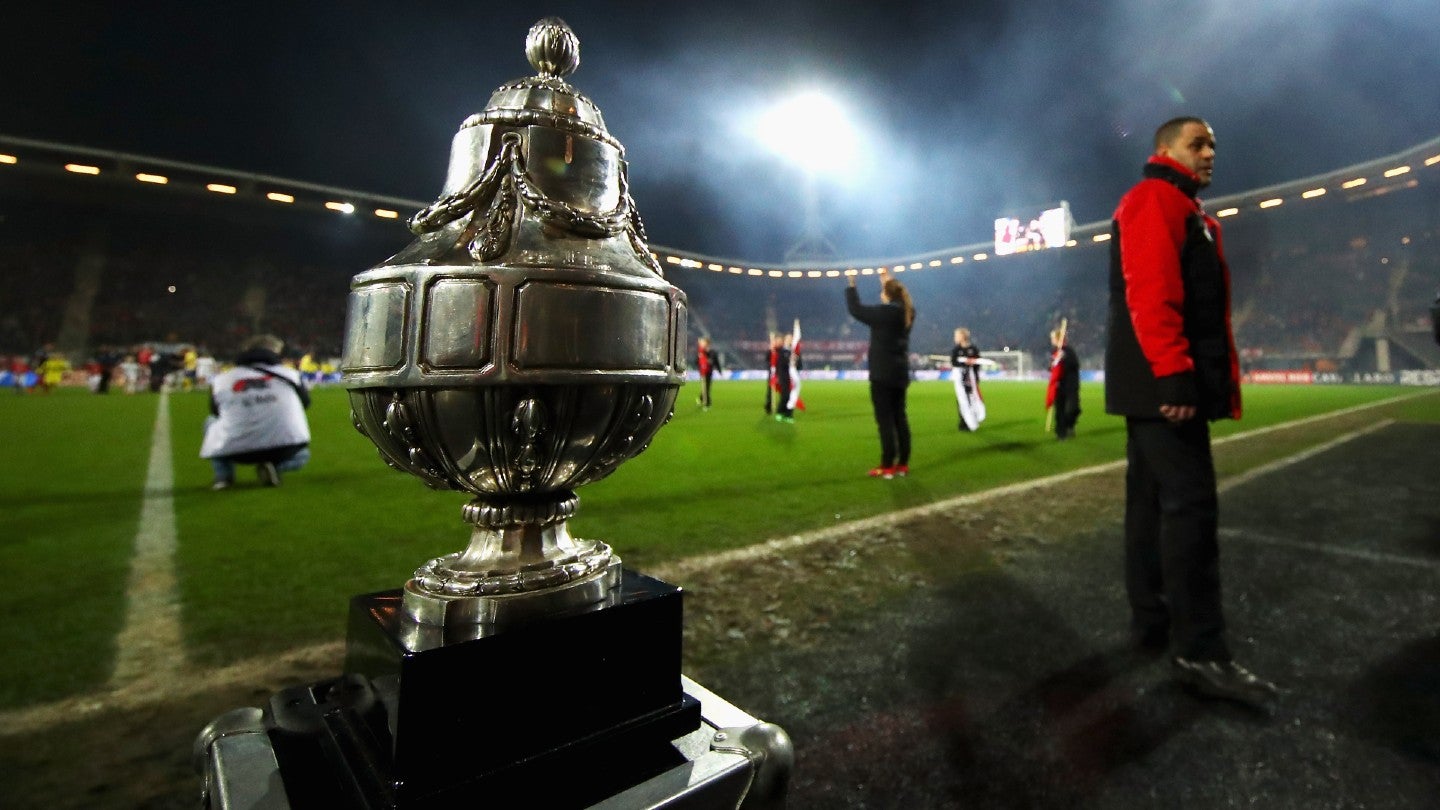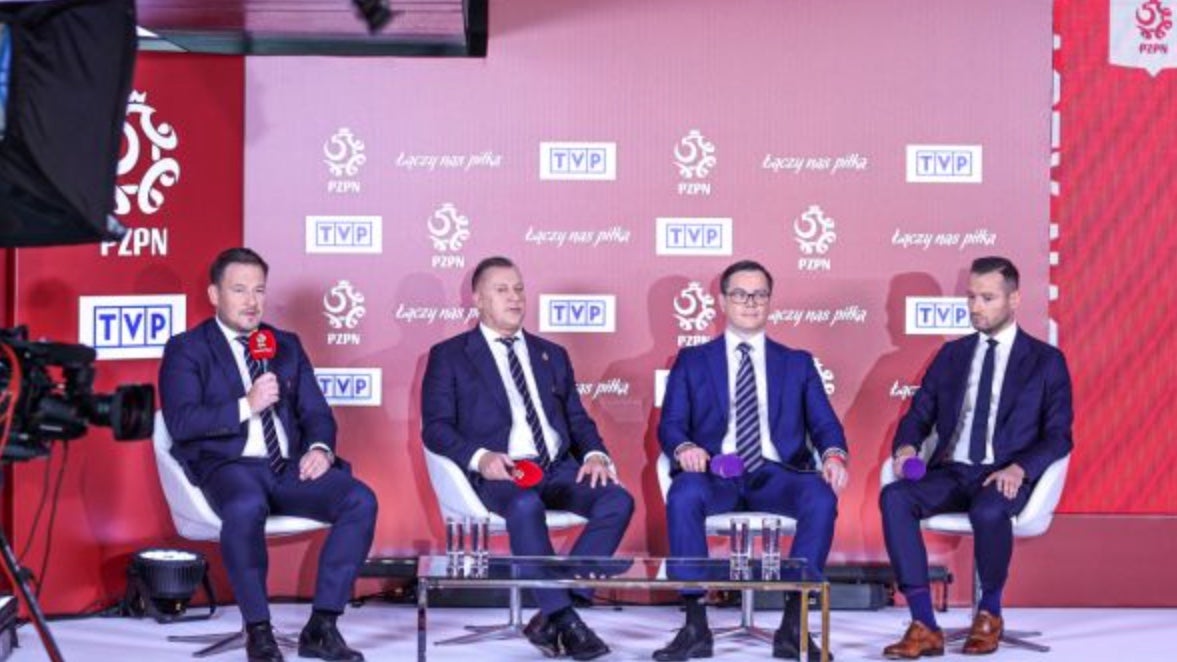The deal
Earlier this week, the Saudi Arabian Football Federation (SAFF) finally submitted a long-awaited letter of intent and a signed declaration to global soccer’s governing body FIFA, aimed at securing hosting rights to the men’s 2034 FIFA World Cup.
The Kingdom’s intent to bid for that edition of soccer’s most iconic national teams’ tournament in 11 years’ time was originally announced on October 4, with Monday’s (October 9) letter of intent officially confirming the commitment to the formal bid process set out by FIFA. The letter has been signed by Yasser Al Misehal, the SAFF president.
Due to the official rotation policy between continents FIFA has in place for the men’s World Cup, only bids from the Asian Football Confederation (AFC) and Oceania Football Confederation (OFC) are eligible for 2034, with a deadline for confirmed interest from bidding associations of October 31.
Within 72 hours of the SAFF declaring its intent to bid for an inaugural World Cup hosting, more than 70 FIFA Member Associations publicly pledged their support for the Kingdom, while the bid has been officially backed by the AFC president, Sheikh Salman bin Ibrahim Al Khalifa.
The declaration of intent has also come shortly after FIFA announced that the 2030 World Cup would take place across an unprecedented six countries - Spain, Portugal, and Morocco will host the bulk of games, while the South American trio of Uruguay, Paraguay, and Argentina will stage the opening three fixtures.
That decision will be formally ratified at a FIFA Congress next year, while FIFA has said that the awarding of 2034 hosting rights could take place at the same time.
Why it matters
Since 2018, Saudi Arabia has hosted more than 50 international sports events covering properties across soccer, motorsports, tennis, equestrian, esports, and golf.
These are all part of the Sports Clubs Investment and Privatization Project, officially launched in early June by the Crown Prince Mohammed bin Salman.
The initiative, which aims to encourage private investment in the sports sector, is aligned with the kingdom’s overall Vision 2030 project of making Saudi more appealing and attractive to foreign investors and companies and will have a particular focus on soccer, with Saudi Arabia having recently hosted the 2023 African Super Cup, and being set to stage the 2027 AFC Asian Cup national team tournament.
Overall, there is an ongoing and growing conversation currently taking place across world sports about exactly why Saudi is pursuing this significant sporting events policy, with many accusing the Kingdom of sports washing - using the positive publicity and interaction associated with major properties to sweep their highly dubious and questionable human rights record under the carpet.
The Saudis had initially announced they would bid for the 2030 tournament alongside Greece and Egypt but withdrew earlier this year to focus on 2034.
Jake Kemp, sports analyst at GlobalData, commented: “The Saudi bid was coincidently timely announced shortly following the 2030 hosting news, prompting many cynics to suggest that the 2034 World Cup destination is inevitable. FIFA continues to ignore wider criticism and distance itself from claims of corruption as it cites decision-making against progressive tendencies aimed at growing the sport and uniting the world.
“This has seen the body award its biggest tournament in 2022 to Qatar, a nation with a questionable human rights record; the 2030 edition against eco-activist concerns and to a nation in Spain which faces a high-profile sexual harassment following the Women’s 2023 World Cup; and now looks set to go to a Middle Eastern nation plagued with concerns around human rights abuses, societal sexism and whose Crown Prince in September admitted he did not care about accusations of sportswashing.”
On the 2030 hosting decision, meanwhile, he opined that “FIFA has cited the move as one of unity and celebration of its centenary anniversary but there are other benefits associated with hosting in multiple countries. Most evidently, the cost is spread out, so that the financial burden is not struggled with by one individual nation, a burden which is only likely to grow from 2026 onwards, following the expansion to a 48-team tournament.
“Spreading the hosting rights across countries splits the financial strain and allows greater opportunities for smaller nations to get involved. Hosting even a single match can cost a city around $50 million.
“Further to this, there is also an argument to be made that it represents greater sponsorship opportunities for the tournament. It grows the appetite for even more domestic brands to get involved in such a partnership. Qatar in 2022 was the second most active national-based sponsor of the 2022 World Cup as hosts, behind only the United States. The 2030 World Cup is now going to enjoy easier negotiations for new partners in the markets of the South American and European nations playing host.”
The detail
In terms of other examples of growing influence from KSA across the world of sport, the Saudi Public Investment Fund owns Newcastle United after its controversial takeover of the English Premier League club was approved in October 2021.
Outside soccer, meanwhile, that sovereign wealth fund also is the major backer behind the LIV golf circuit, which has rivaled the traditional PGA Tour in recent years but merged with the US golf body at the beginning of June in what is seen as a major coup for Saudi.
Major boxing fights and tennis tournaments regularly take place in the Kingdom, as well.
On the 2034 World Cup bid, Al Misehal said: “This is the second step of a hugely exciting journey that the nation is embarking on. Last week we announced our ambitions to host the 2034 FIFA World Cup, and this official submission continues our journey to make the dreams of our people a reality.
“The 2034 FIFA World Cup is our invitation to the world to witness Saudi Arabia’s development, experience its culture, and become part of its history. We are extremely committed to presenting the most competitive bid possible that will also help unite the world through football.”
Returning to the 2034 FIFA World Cup, Saudi is expected to face hosting opposition from a joint bid comprising Australia and New Zealand, who recently teamed up to put on this year’s FIFA Women’s World Cup across July and August.
A submission by the 10 countries of the Association of Southeast Asian Nations (ASEAN) could also potentially be in the offing.
With those two potential submissions in close geographical proximity, it remains to be seen whether coordination of any sort will take place.
Completed bidding agreements are due into FIFA by November 30, with formal bids to be submitted by July next year.
Further reading


